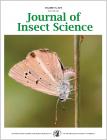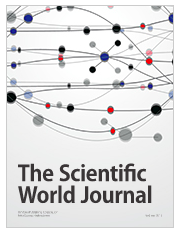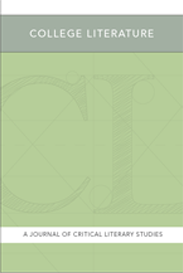 The Journal of Insect Science is retracting a paper on the genetics of a fruit fly after discovering one of the genes the authors sequenced doesn’t appear to code for a protein.
The Journal of Insect Science is retracting a paper on the genetics of a fruit fly after discovering one of the genes the authors sequenced doesn’t appear to code for a protein.
The paper, “Molecular phylogeny and identification of the peach fruit fly, Bactrocera zonata, established in Egypt” was published in 2011, and compared sequences of the Egyptian species to those from species in other regions. It has not yet been cited, according to Thomson Scientific’s Web of Knowledge.
Phyllis Weintraub, the editor-in-chief of the journal, told us she thinks that the paper’s fatal mistake stemmed from “bad science instead of deliberate falsification.”
The retraction notice should go live on the site today, according to Lisa Junker, director of publications and communications for the Entomological Society of America, which publishes the journal. Here’s the text:
Continue reading Fruit fly paper retracted when gene turns out not to code for a protein as claimed








 A widely reported finding that the risk of divorce increases when wives fall ill — but not when men do — is invalid, thanks to a short string of mistaken coding that negates
A widely reported finding that the risk of divorce increases when wives fall ill — but not when men do — is invalid, thanks to a short string of mistaken coding that negates